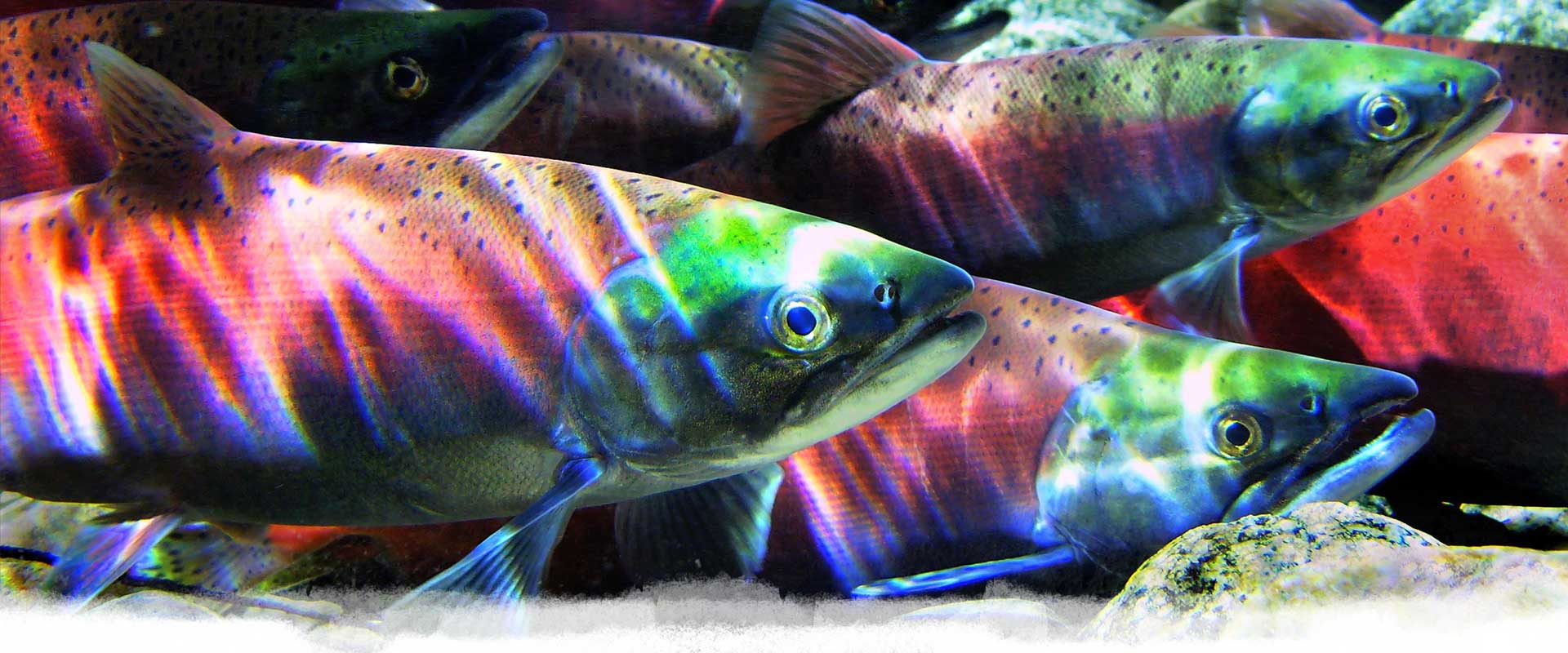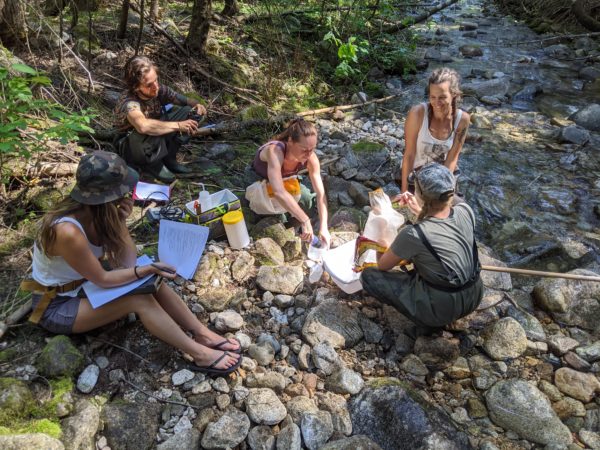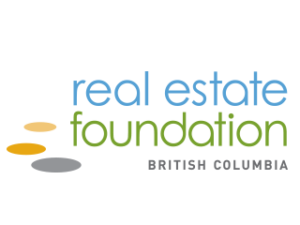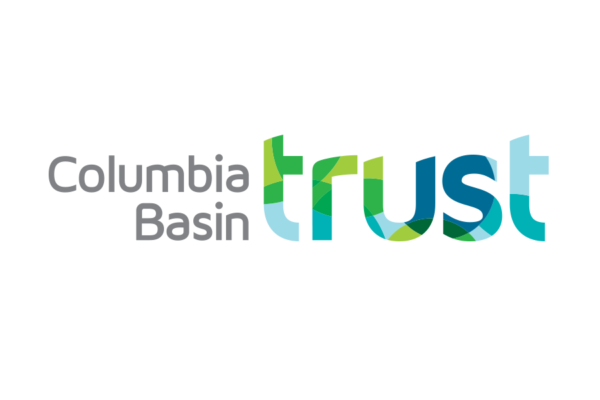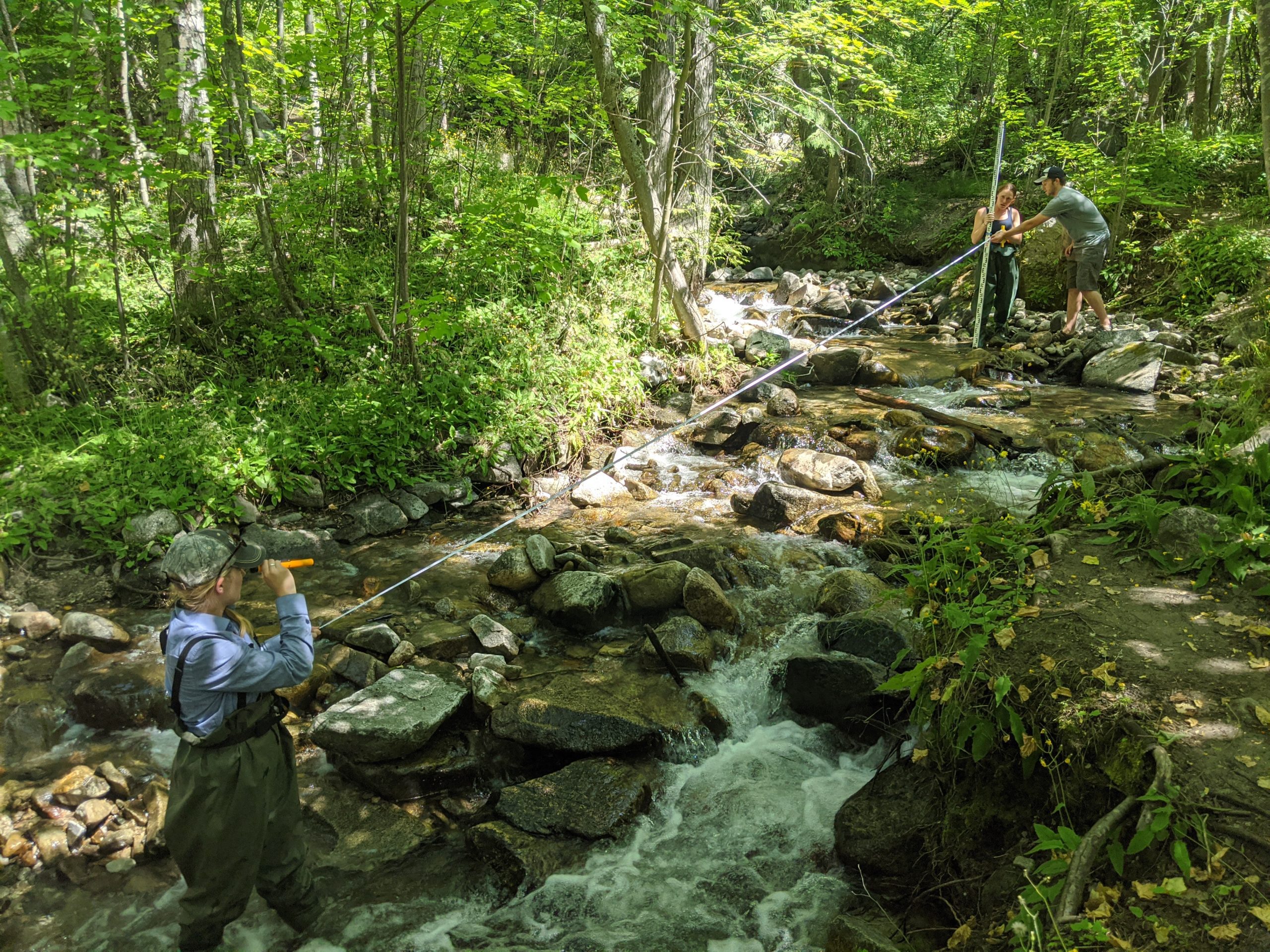
04 Aug Volunteer CABIN training in Nelson BC
Friends of Kootenay Lake’s Kootenay lake Watershed Monitoring Program is now underway!
Beginning in August 2020, Friends of Kootenay Lake volunteers and staff will be gathering data on streams along the West Arm of Kootenay Lake. Our team will be using a standardized water monitoring protocol known as the Canadian Aquatic Biomonitoring Network (CABIN).
On July 19th and 30th, our team along with Living Lakes Canada CABIN trainers Ragean Mallinson and Kyle Prince hosted a training workshop with 7 local volunteers. Our cohort beat the heat by wading in streams and learning the ropes of this national water monitoring protocol.
Why monitor streams?
Most people around Kootenay Lake get their water from surface sources such as creeks and streams. These areas are extremely vulnerable. Changes in land use and climate pose the greatest threats to both water quality and water quantity in the Kootenay Lake basin. Their consequences vary and include increased sedimentation and contamination from logging and mining operations, potentially severe water quality impacts from wildfire, changes due to riparian disturbances, and changes in water quantity.
Research led by Dr. Martin Carver in the 2017 report “Water Monitoring and Climate in the Upper Columbia Basin, Summary of Current Status and Opportunities”, revealed that current water data is inadequate for managing and protecting the region’s water resources in response to climate change. The report made it clear that it is critical that we begin to fill data gaps through monitoring to improve our knowledge of water quality in the Basin (Carver, 2017).
Friends of Kootenay Lake teamed with volunteers, Living Lakes Canada (LLC), and the water stewardship coordinator of RDCK Area E to tackle the present data gap. FOKLSS approach uses Community-Based Monitoring (CBM) and training citizen scientists in the Canadian Aquatic Biomonitoring Network (CABIN) protocol to monitor stream health in their watersheds.
A two-day CABIN Field Assistant certification course will be run each year for three years by our FOKLSS team and a certified CABIN instructor from LLC. Upon completion of this course, volunteers will be able to apply their skills by collecting data alongside a staff member at streams along the West Arm of Kootenay Lake. The data collected will then be analyzed and uploaded to the national CABIN database where it will be accessible to interest groups such as federal, provincial, and local government; community groups, and water resource managers in environmental management. This is essential to help inform policy issues such as zoning legislation and significant policy changes such as the upcoming revamp of BC’s Forest Practices Board.
This data will also help FOKLSS prioritize educational and restoration projects on Kootenay Lake tributaries that are impacted by human activities. Thus, ensuring that the Lake remains healthy and so that communities can become more climate-resilient.
Thank you to our funders and supporters for making this project a reality!

